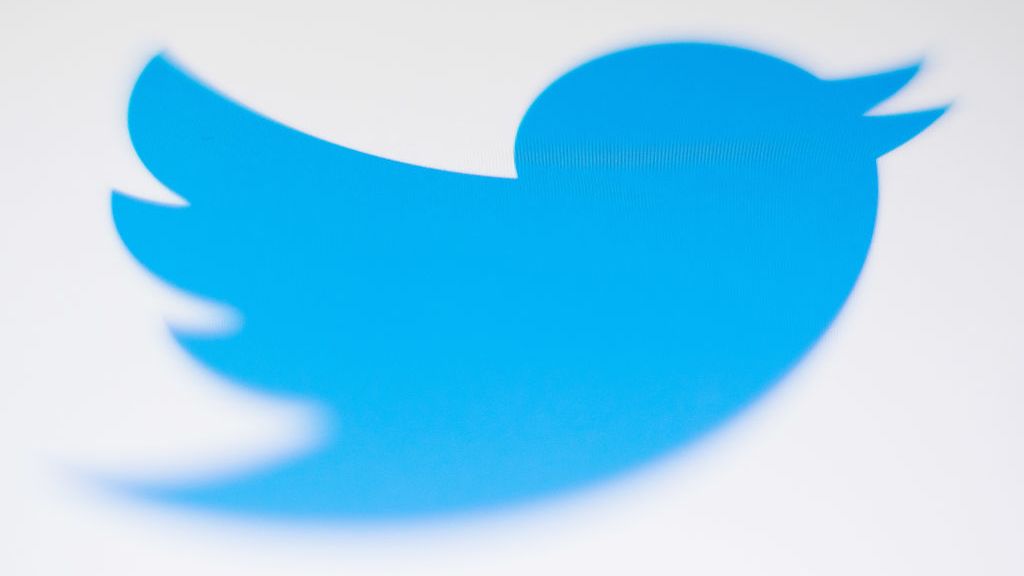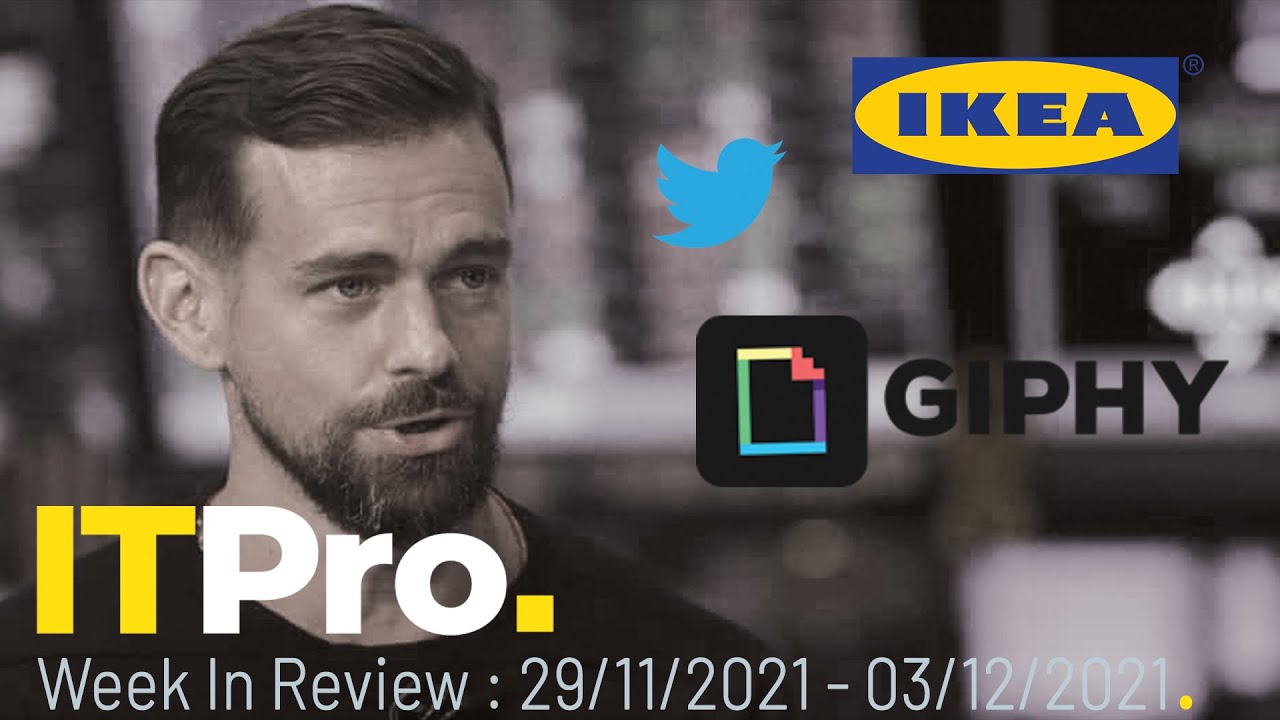A penny for your tweets
Barry Collins comes up with a likeable way Twitter can solve its cash crisis


Sign up today and you will receive a free copy of our Future Focus 2025 report - the leading guidance on AI, cybersecurity and other IT challenges as per 700+ senior executives
You are now subscribed
Your newsletter sign-up was successful
If there's one thing Twitter is brilliant at other than exposing what an astonishing waste of atoms Katie Hopkins really is it's losing money.
In the last 'quarter' alone, Twitter managed to lose $116 million on earnings of $574 million. That's the equivalent of opening a shop where every item costs you 1 to make and selling it for 80p. It's losing money hand over fist.
Part of the reason for this is because Twitter is terrible at advertising. I've just opened Twitter on my phone and the first 'promoted' tweet I see in my timeline is a video of a 20-year-old Game of Thrones star selling Converse trainers. I'm a 40-year-old father of two. I'm more likely to buy a hardback edition of Katie Hopkins' autobiography than a pair of trendy trainers.
If you want to see how clueless Twitter is about your 'interests', go to the Twitter website, click your profile icon, then Settings & Privacy and Your Twitter Data, and then click your list of interests. My 69 interests supposedly include DJs (I once tweeted about Jimmy Savile), Amazing (whatever the hell that means) and Comics (I've not bought one since Jimmy Savile was still allowed to make regular appearances in them).
How does Twitter get out of this financial black hole? Well, if there's one thing other than generating debt that Twitter excels at, it's championing people and causes. If you're a football fan like me, you can't fail to have been touched by little Bradley Lowery, the super-smiley six-year-old lad who tragically died from a rare type of cancer earlier this summer.
His parents have done an amazing job of fundraising via social media, setting up charity games and all sorts. Wouldn't it be a great thing if you could support causes like this with something more meaningful than a 'like'? What about a 'penny like' button where you donate a penny to whoever made the tweet? It's such a trivial amount that it's the kind of thing you could do without thinking, but when you see tweets getting hundreds of thousands or millions of likes as many of those concerning Bradley Lowery did then the sums involved become substantial.
It's not only charities that could reap the benefits of penny likes. New tech products could use penny likes as a means of crowdfunding, in a similar fashion to the way they use Kickstarter and other such sites to get products off the ground today. Campaigns or causes such as the benefit fund for the victims of Grenfell Tower fire or the campaign to save net neutrality could use it as a rapid way to raise funds. People could even use it as a means to raise money to run for Parliament, levelling the advantage of the main political parties who have been failing us for years, and potentially releasing this country from their stranglehold.
Sign up today and you will receive a free copy of our Future Focus 2025 report - the leading guidance on AI, cybersecurity and other IT challenges as per 700+ senior executives
How does Twitter make money from all this? Well, it can either take a commission at the point of purchase, selling us, say, 100 penny likes for 1.15. Or it can take a slice if and when the recipients decide to withdraw the funds, much like the crowdfunding sites take a fixed percentage of the revenue pledged by backers.
It might not be enough to fill a $100m loss every quarter, but it would go some way to mending the damage. Now, who's going to give me a penny like for my campaign to buy Katie a new house in Pyongyang?
This article originally appeared in Web User
Barry Collins is an experienced IT journalist who specialises in Windows, Mac, broadband and more. He's a former editor of PC Pro magazine, and has contributed to many national newspapers, magazines and websites in a career that has spanned over 20 years. You may have seen Barry as a tech pundit on television and radio, including BBC Newsnight, the Chris Evans Show and ITN News at Ten.
-
 AWS CEO Matt Garman isn’t convinced AI spells the end of the software industry
AWS CEO Matt Garman isn’t convinced AI spells the end of the software industryNews Software stocks have taken a beating in recent weeks, but AWS CEO Matt Garman has joined Nvidia's Jensen Huang and Databricks CEO Ali Ghodsi in pouring cold water on the AI-fueled hysteria.
-
 Deepfake business risks are growing
Deepfake business risks are growingIn-depth As the risk of being targeted by deepfakes increases, what should businesses be looking out for?
-
 Who owns the data used to train AI?
Who owns the data used to train AI?Analysis Elon Musk says he owns it – but Twitter’s terms and conditions suggest otherwise
-
 Elon Musk confirms Twitter CEO resignation, allegations of investor influence raised
Elon Musk confirms Twitter CEO resignation, allegations of investor influence raisedNews Questions have surfaced over whether Musk hid the true reason why he was being ousted as Twitter CEO behind a poll in which the majority of users voted for his resignation
-
 Businesses to receive unique Twitter verification badge in platform overhaul
Businesses to receive unique Twitter verification badge in platform overhaulNews There will be new verification systems for businesses, governments, and individuals - each receiving differently coloured checkmarks
-
 Ex-Twitter tech lead says platform's infrastructure can sustain engineering layoffs
Ex-Twitter tech lead says platform's infrastructure can sustain engineering layoffsNews Barring major changes the platform contains the automated systems to keep it afloat, but cuts could weaken failsafes further
-
 ‘Hardcore’ Musk decimates Twitter staff benefits, mandates weekly code reviews
‘Hardcore’ Musk decimates Twitter staff benefits, mandates weekly code reviewsNews The new plans from the CEO have been revealed through a series of leaked internal memos
-
 Twitter could charge $20 a month for 'blue tick' verification, following Musk takeover
Twitter could charge $20 a month for 'blue tick' verification, following Musk takeoverNews Developers have allegedly been given just seven days to implement the changes or face being fired
-
 Twitter reports largest ever period for data requests in new transparency report
Twitter reports largest ever period for data requests in new transparency reportNews The company pointed to the success of its moderation systems despite increasing reports, as governments increasingly targeted verified journalists and news sources
-
 IT Pro News In Review: Cyber attack at Ikea, Meta ordered to sell Giphy, new Twitter CEO
IT Pro News In Review: Cyber attack at Ikea, Meta ordered to sell Giphy, new Twitter CEOVideo Catch up on the biggest headlines of the week in just two minutes
